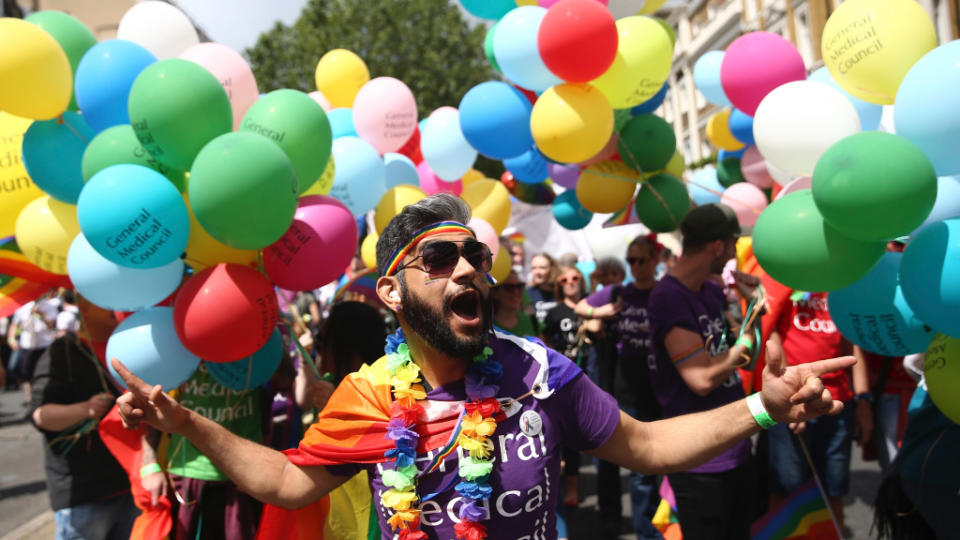The UK will pardon thousands of gay and bisexual men convicted of “gross indecency”

In 1952, computer science pioneer Alan Turing was convicted under gross indecency laws for having an affair with another man. The legendary Enigma codebreaker lost his security clearance and was forced to undergo chemical castration. Two years after the verdict, Turing died of cyanide poisoning in what was ruled a suicide.
In 2013, Queen Elizabeth posthumously granted Turing a royal pardon. And today (Oct. 20), in a monumental decision, the British government has decided to extend the same amnesty to scores of gay and bisexual men convicted of the outdated, discriminatory, sex offense laws in England and Wales.
Nearly 65,000 men, including 15,000 are still alive, will be eligible for the pardons.
“This is a momentous day for all those who have been convicted under the historic laws, and for their families. The gross indecency law ruined people’s lives,” Rachel Barnes, Turing’s great niece, who championed the new law, told the Independent.
Turing’s family brought nearly 50,000 petitions to Downing Street and demanded that the government vindicate all men who were persecuted for homosexuality.
Not everyone is enthusiastic about the so-called Alan Turing law. George Montague, who was convicted of gross indecency in 1974, wants an apology, not a pardon.”To accept a pardon means you accept that you were guilty. I was not guilty of anything,” he told the BBC.


Sign up for the Quartz Daily Brief, our free daily newsletter with the world’s most important and interesting news.
More stories from Quartz:
